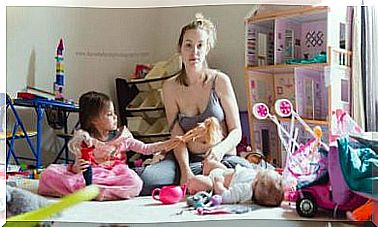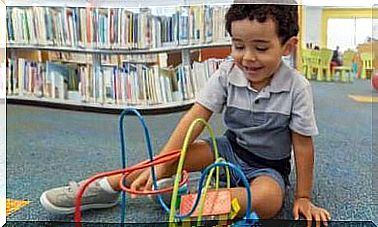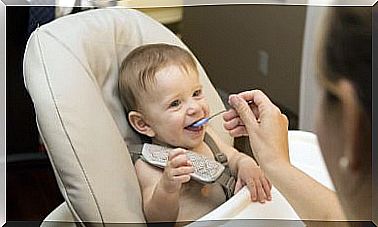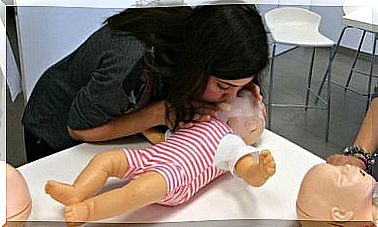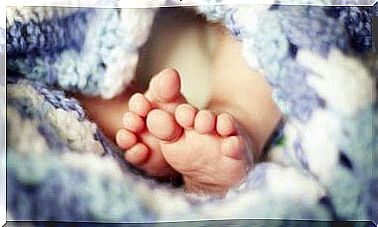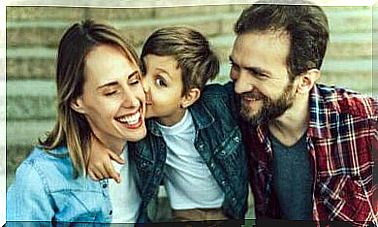Your Children’s Freedom According To Their Age
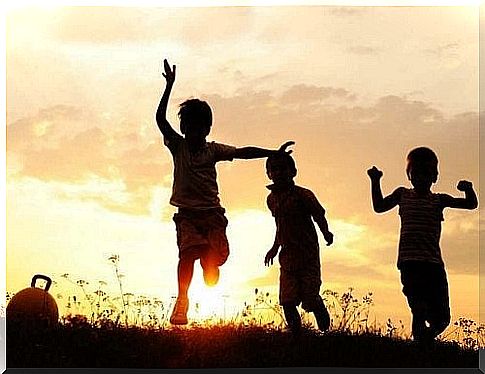
Many parents have great doubts about the freedom of their children. Is it okay for my child to leave home alone, even when he or she is still very young? When can they go to school alone without being accompanied by an adult? Is it okay to ask them to run errands or ask them to shop?
It is perfectly normal to be in doubt. Today, many parents are overinformed. This phenomenon causes them to become afraid of letting their children leave their homes without being supervised by an adult.
But you can not let the negative news you see on television prevent your children from enjoying sufficient freedom depending on the stage of development they are in.

The phases of human development
To establish the stages of child development, we can look to Jean Piaget, a famous psychologist who studied this phenomenon by observing his own children.
When children are in the first three stages of development, ranging from 0-2 years, from 3-7 years and from 8-12 years, they should never be out alone.
But from the age of 11 or 12, when they reach puberty and adolescence, they exhibit their own criteria and share their desire for freedom, respect, and free, personal choice.
At this age, children will demand more autonomy and freedom of movement. In puberty and later in adolescence, they are already an autonomous person with their own ability to make decisions. However, they are still dependent on their family.
The freedom of your children according to various factors
Clearly, one of the primary factors you need to consider when it comes to giving your children freedom is their age. In other words, you can keep them more or less under surveillance depending on the stage of development they are in.
However, this is not the only factor to consider. This is what psychologist Ana Asensio, the creator of Vidas en Positivo, explains.
Age
When a child is under 11 or 12, they should not go out alone and they should not go to school without being accompanied by an adult. We have already seen the factors involved and the important moment in the transition from childhood to adolescence.
From the age of 12 to 13, depending on the child’s maturity, for example, they can go to school alone. From 13-14 they can meet alone with their friends, go to the cinema or go out to eat. From the age of 16, teenagers will demand to be able to leave without adult supervision, be out in the evening, etc. It is important to agree on fixed times when the child should be home again.

Other factors to consider when it comes to children’s freedom
You need to consider other elements when giving your children freedom. Here are some of the most important ones to keep in mind:
- Geography. In a small town or village where there are fewer risks in terms of traffic, children may have more freedom than if you live in a big city.
- Maturity. Not all children mature at the same rate. Thus, parents should observe their children and decide when they are ready to become more or less autonomous. This is especially important from the age of 14-15, when they have to handle money, take public transport, etc.
- Gradual process. It is convenient for the freedom process to go hand in hand with your children’s maturity and development. You should not go from not letting your children leave home to letting them spend all day outside. They need to know that they are responsible and they need to earn their own autonomy every day.
- Self-confidence. From the age of 10-11, children are confident. You need to accompany them during their maturation process, give them confidence little by little, allow and facilitate the learning of tools so that they can develop on their own. j
- Communication. It is necessary to create an environment of communicative trust with your child. If you show interest in their problems, without imposing your opinions, you will be able to accompany them in their transition.
More advice
- Parental coordination. Parents generally know each other. For this reason, when your children are out with their friends, it is a good idea to talk to other guardians and parents so that you can agree on measures with the children without invading their privacy.
- Be a good example. It is important to be a good example. You are your children’s role model.
Your children’s freedom begins from childhood. After birth and development, they will ask for greater autonomy. It is important to accompany your child on this journey and enjoy every step and every step.
